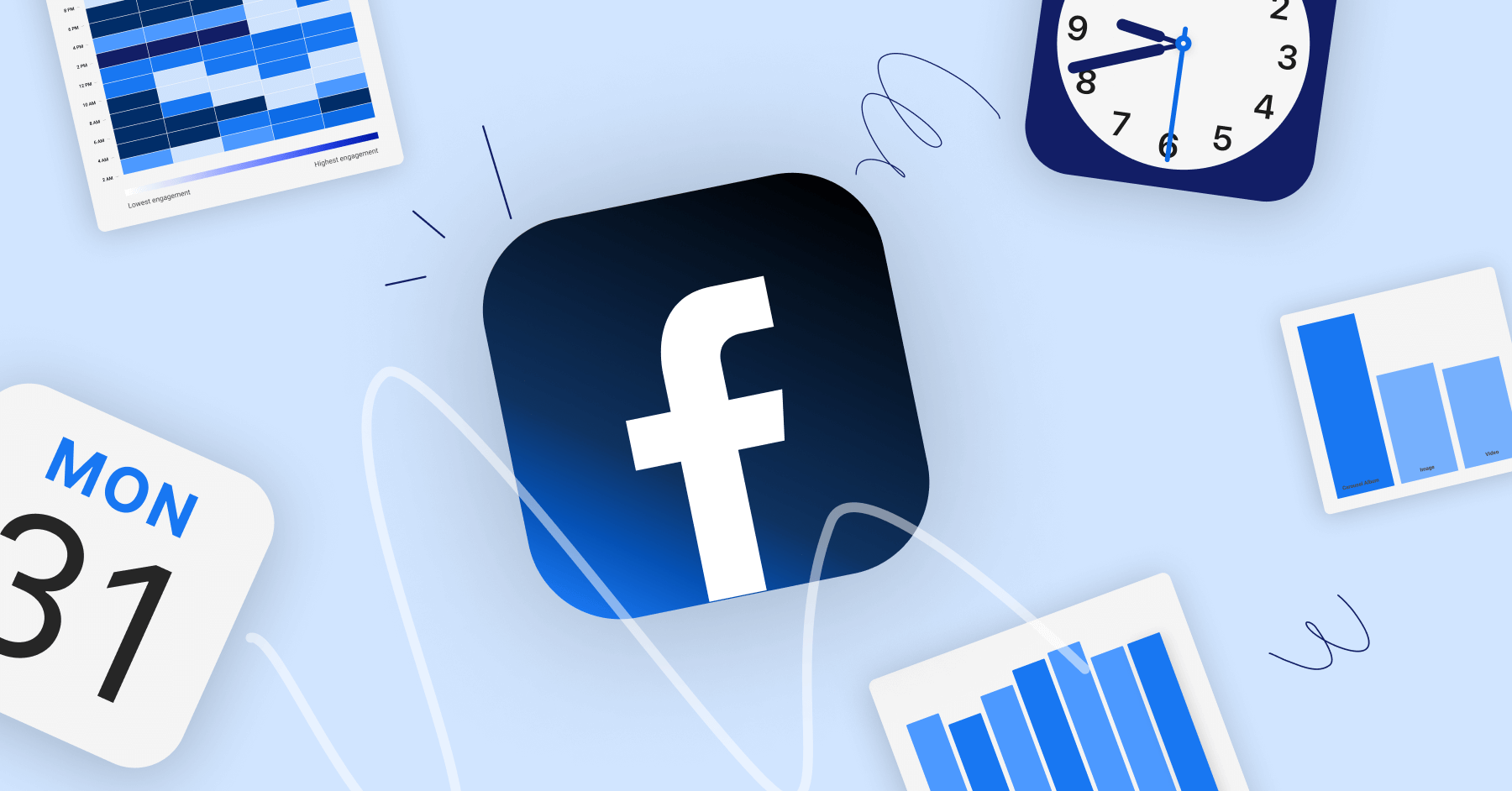
On February 4, 2004, as broadband replaced dial-up internet and mobile phones with colour screens gained popularity, 19-year-old Mark Zuckerberg and his Harvard University roommates started a social network called “TheFacebook”. Facebook was called after the physical student directory provided to universities at the beginning of the academic year, often known as a “face book”. Within a few years, the platform exploded in popularity, becoming the world’s largest social media network, with more than three billion monthly active users today.
The concept for Facebook arose from one of Zuckerberg’s prior ventures, Facemash, a “hot-or-not” website
The concept for Facebook arose from one of Zuckerberg’s prior ventures, Facemash, a “hot-or-not” website that compared the faces of female Harvard students. To collect the photos used on the site, Zuckerberg went into the university’s security system and downloaded student ID images without permission. This prompted the university to shut down the portal within days of its introduction, resulting in disciplinary proceedings against Zuckerberg. However, just a few months later, Zuckerberg and his roommates developed a new networking site that allowed Harvard students to communicate with one another using their “.edu” email addresses.
The social network was extremely popular and quickly extended to other college campuses around the United States. Within its first year, the platform had one million members, and in August 2005, it was renamed “facebook.com”. By the end of 2006, anyone over the age of 13 who had internet access may participate. The number of users increased from 12 million in 2006 to 50 million in 2007 and doubled to 100 million by the end of 2008. In 2012, the year Facebook hit one billion members, it went public and was valued at $104 billion. Facebook launched its first public offering (IPO) at $38 per share, raising $16 billion. Since then, the platform’s market share has increased nearly 12 times, reaching $474 as of Friday’s close.
On October 29, 2021, Zuckerberg announced the rebranding of Facebook, Inc. to Meta Platforms, Inc
On October 29, 2021, Zuckerberg announced the rebranding of Facebook, Inc. to Meta Platforms, Inc. The company owns and operates Facebook, Instagram, Threads, and WhatsApp, among other products and services. With three billion active monthly users, Facebook is still the world’s most popular social media site, accounting for more than half of all internet users and more than one-third of the global population. To put it in context, 3.03 billion users outnumber the combined populations of India (1.4 billion), China (1.4 billion), and Bangladesh (173 million). In 2023, Facebook’s largest audience was India (385.6 million), followed by the United States (188.6 million), Indonesia (136.3 million), Brazil (111.7 million), and Mexico (94.8 million). According to Datareportal, an online reference library, among Facebook’s global users, people aged 65 and up (5.6 per cent) outweigh those aged 13-17 (4.8 per cent).
Debra Aho Williamson, an analyst with Insider Intelligence who has followed Facebook since its early days, notes that the site’s younger users have been dwindling. “Young people often shape the future of communication. I mean, that’s basically how Facebook took off – young people gravitated toward it. And we see that happening with pretty much every social platform that has come on the scene since Facebook,” Williamson told The Associated Press news agency. Facebook’s largest audience group, with just below a third (29.9 percent) of all users, is 25-34 years.
Facebook has faced various data privacy and user safety challenges during its 20-year existence. One of the most notable issues occurred in 2018 when it was revealed that a British consulting firm, Cambridge Analytica, used 87 million Facebook users’ personal information without their permission in early 2014 to build profiles of individual voters in the United States to target them with personalised political ads. Zuckerberg appeared before his first congressional hearings on Capitol Hill in Washington, DC, where he was questioned about his data privacy procedures. The Meta CEO agreed to pay fines and pledged to strengthen the platform’s privacy policies.
